do cats need shots yearly
As a general rule FeLV vaccination protection lasts for about a year and herpes calici and panleukopenia last for around three years. For injectable vaccines some will recommend a booster one year after the.

Do Indoor Cats Need Shots Every Year Clever Pet Owners
This will assure you that your cat remains appropriately vaccinated throughout life.
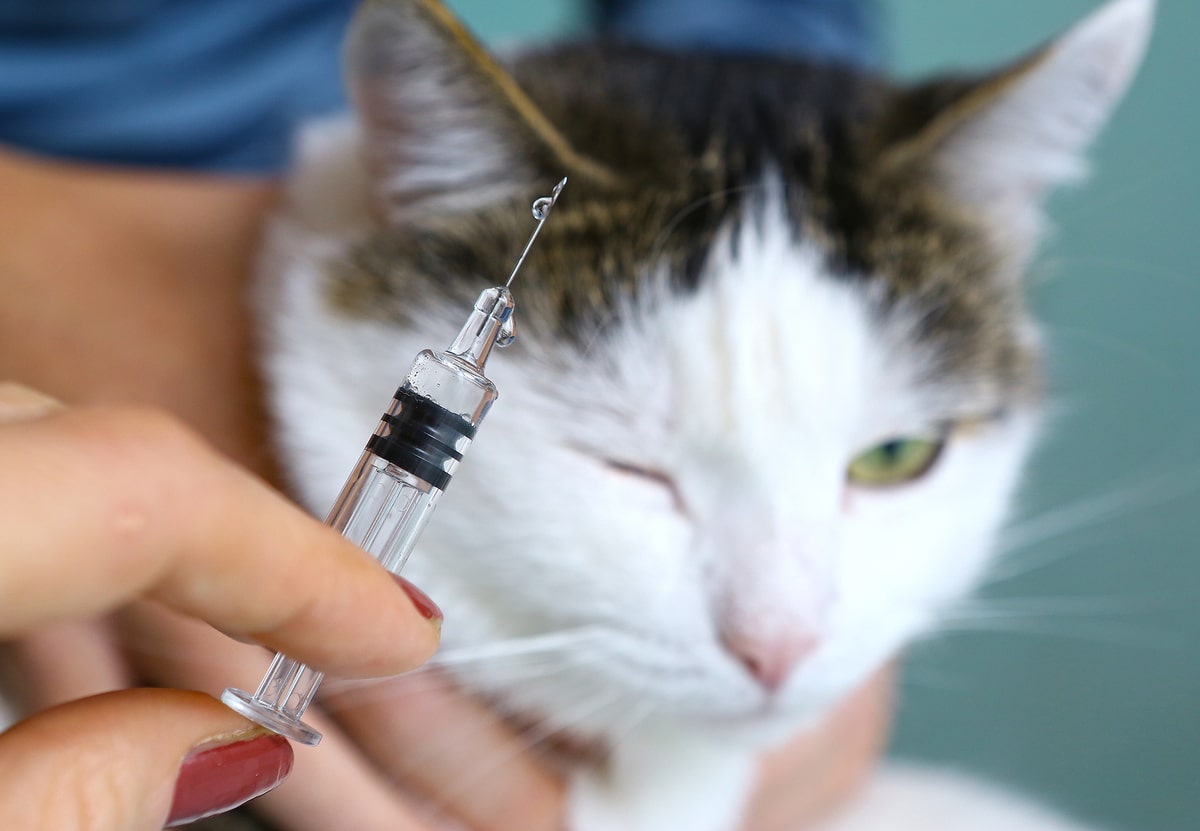
. Noncore Vaccines for Cats. Frequency of vaccination boosters depends partly on the type of vaccine Dr. The importance of feline vaccination is roughly.
Like our own annual influenza vaccine FVRCP lessens the signs of viral infection and the length of illness but does not prevent infection completely. The leukemia vaccine requires two initial shots given three to four weeks apart a booster after one year and then yearly to every three years after depending on the cats level of risk. Do vaccinations have risks.
Do indoor cats need yearly check ups. We recommend doing the puppy and kitten series and a booster vaccine in one year and then every three years for the majority of core vaccines or possibly only rabies for indoor-only animals. If your cat is strictly an indoor cat does he need to be vaccinated each year for distemper and rabies.
It is fine to get them vaccinated every 3-5 years or even 5-7 years if there is no risk of them escaping outside. Spread via coughs and sneezes. Kittens should start getting vaccinations when they are 6 to 8 weeks old until they are about 16 weeks old.
For indoor-only cats the recommendation is to administer the vaccine every three years. If your cat lives exclusively indoors they will still need to be vaccinated against cat flu and panleukopenia but may not need the FeLV vaccine. The type and frequency of vaccines given after that point varies considerably depending on a cats lifestyle and where you live.
Administered at 6-8 weeks of age then every 3-4 weeks until 12-14 weeks old. I read an article about vaccines possibly triggering this. On average a kitten can receive his first rabies shot as early as 8-12 weeks of age although the standard is between 4 and 6 months and.
Unfortunately most of the sources of the disease were unknown. Suggested Articles Need for Rabies Vaccination for Indoor Cats Feline Leukemia Virus Feline Immunodeficiency Virus Feline Infectious Peritonitis Vaccines are preparations that resemble infectious agents like bacteria or viruses but are not pathogenic disease causing. Records also dont show whether the cats were indoor-only cats outside cats domesticated or feral cats.
The vaccination status of these cats was also spotty. Not only are there different schedules and needed vaccines for cats and kittens but there are also some extra vaccines for different lifestyles. A booster vaccination is then given 6 12 months later with further booster shots every 1 3 years depending on the.
Puppies need a booster 1 year after completing the initial series then all dogs need a booster every 3 years or more often. Vaccines that are appropriate for some cats in some circumstances are considered noncore vaccines or lifestyle vaccines. Feline herpes virus and calicivirus frequently cause upper respiratory signs in cats coughing sneezing runny eyes sores in the mouth and even joint pain.
Adult cats need shots less often usually every year or every 3 years depending on how long a vaccine is designed to last. Some cats might need booster shots every year while others might need them even less frequently than that. Studies have shown that most animals have immunity from the diseases they are vaccinated against for at least three years after their first booster.
Noncore Vaccines for Cats. In general it is recommended by expert panels on feline vaccination that cats who stay at a boarding cattery require an annual vaccination schedule or a booster vaccine before the cat goes into the boarding facility if the cat has not been vaccinated in the preceding year as this can be a higher risk situation than a normal home environment 1 2. Vaccines Do More Harm Than Good.
I am happy to report that there is an easy answer to the related question of whether indoor cats need booster shots every year. If this were a yes-or-no question the answer would be no. How to help your kitten stay in shape Excess weight gain can be a significant problem for kittens as.
Then they must be boostered a year later. Veterinarians have suspected for years that annual vaccinations for cats and dogs arent necessary but large well-controlled studies just didnt exist to prove it one way or the other. Cats heading into stressful situations such as boarding may benefit from a core vaccine booster 7-10 days before.
Feline leukemia a usually fatal cancer caused by a retrovirus spreads from cat to cat via saliva when the animals lick bite or groom one another. No say many experts. Most intranasal vaccines recommend yearly boosters to keep immunity high.
What problems may be associated with vaccination. Every responsible cat parent is right to make an informed decision about whats best for their pet as an individual. This is because boarding may be.
That means that at every annual exam appointment with your veterinarian you should revisit your cats risk assessment and tailor ongoing vaccination recommendations accordingly. Your cats health and lifestyle will change over time. How long do cat vaccines last.
The length of vaccination protection depends on the disease the type of vaccine used and your cats immune system. However there is no evidence that annual booster vaccination is anything but beneficial to the majority of cats. I am happy to report that there is an easy answer to the related question of whether indoor cats need booster shots every year.
Your cats vaccinations will need to be kept up to date. No say many experts. Some cats may not require any boosters after that first year Dr.
When administered to an animal they train the immune system to protect against these infectious. The shots come in. For example protection against feline leukemia lasts one year and requires a yearly booster while protection against cat flu lasts for three years.
That answer is no. The American Association of Feline Practitioners vaccination guideline recommends that kittens get a full series of vaccinations against panleukopenia feline herpes type 1 calicivirus feline leukemia and rabies followed by a booster one year later. After this kittens and cats usually need booster vaccinations once a year.
Do I need to get my tabby Piper vaccinated for feline leukemia if she never goes outside--HR Washington DC. It appears after the first year once every 3 years is suggested. Primary vaccination is essential in order to prevent the return of the once common deadly infectious diseases in kittens and cats.
2 doses 3-4 weeks apart. Cat vaccinations can get confusing. Thirty-two of the cats had no history of rabies vaccinations while one cat had an up to date rabies vaccination.
Its difficult for pet parents to understand their cats vaccination schedulefrom which ones they need to how often they need them. Recent research indicates that not all vaccines require yearly boosters.
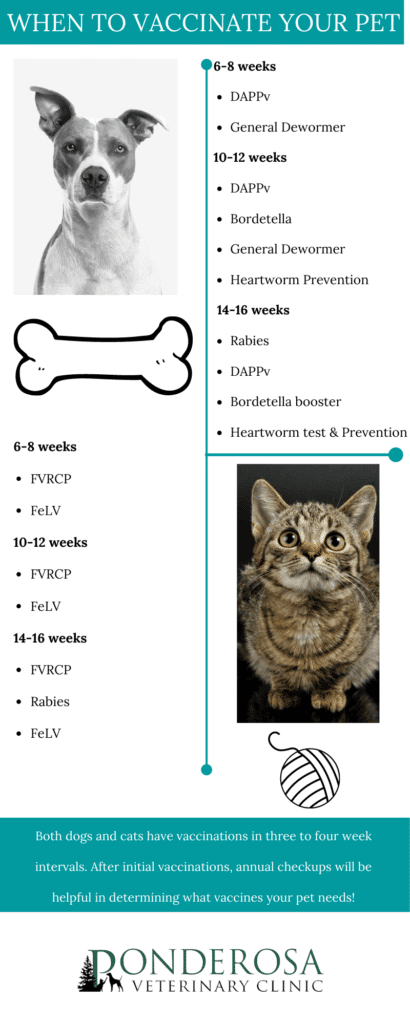
Ponderosa Veterinarian Clinic How Often Do Cats Need To Be Vaccinated

May Your Christmas Tree Survive Its Annual Battle With Your Cat Christmas Quotes Funny Christmas Cats Christmas Humor

Cost Of Pet Care Cat Care Cat Care Tips Kitten Care
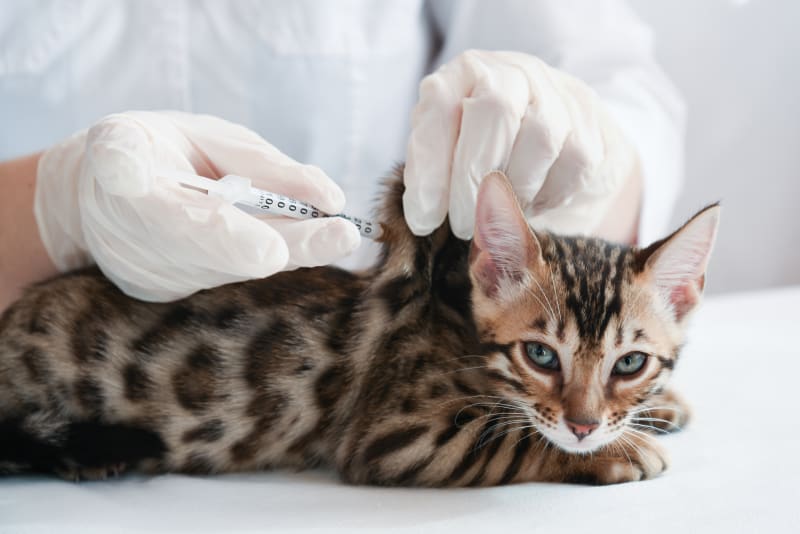
Should My Cat Get The Fvrcp Vaccine All Creatures Veterinary Hospital New Iberia Veterinarians

Do Indoor Cats Need Shots Every Year Clever Pet Owners

Vaccines Cabbagetown Pet Clinic

Cersei At The Vet Getting Her Annual Shots Being Such A Good Girl Https Ift Tt 2hhosox Gorgeous Pets Funny Cat Pictures Sleepy Animals

Pin On Cats Questions And Answers
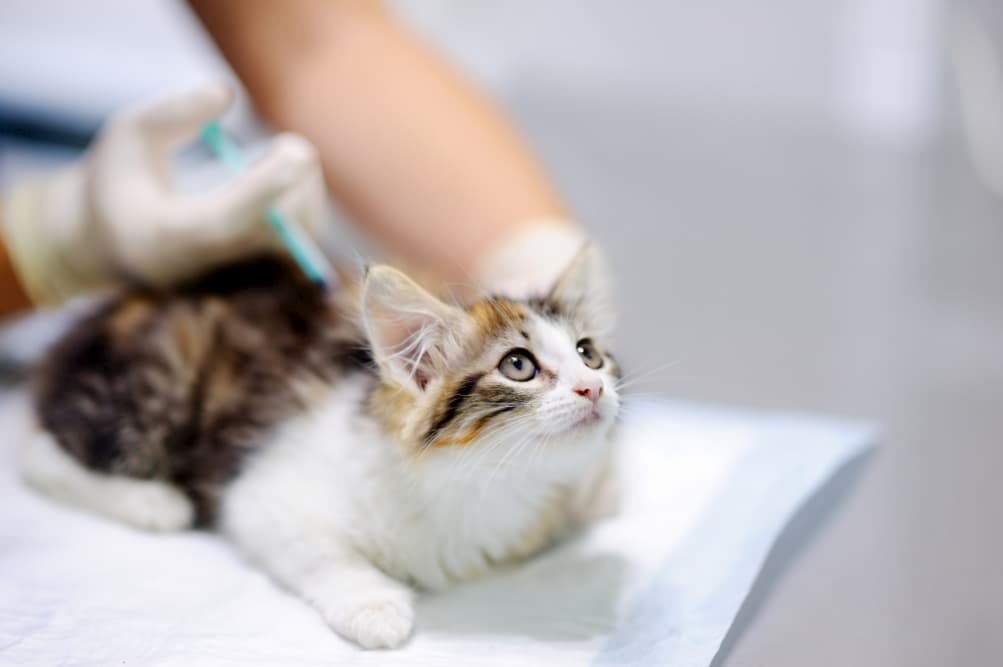
Fvrcp Vaccine For Cats Great Pet Care

How Often Do Cats Need Shots Forever Vets
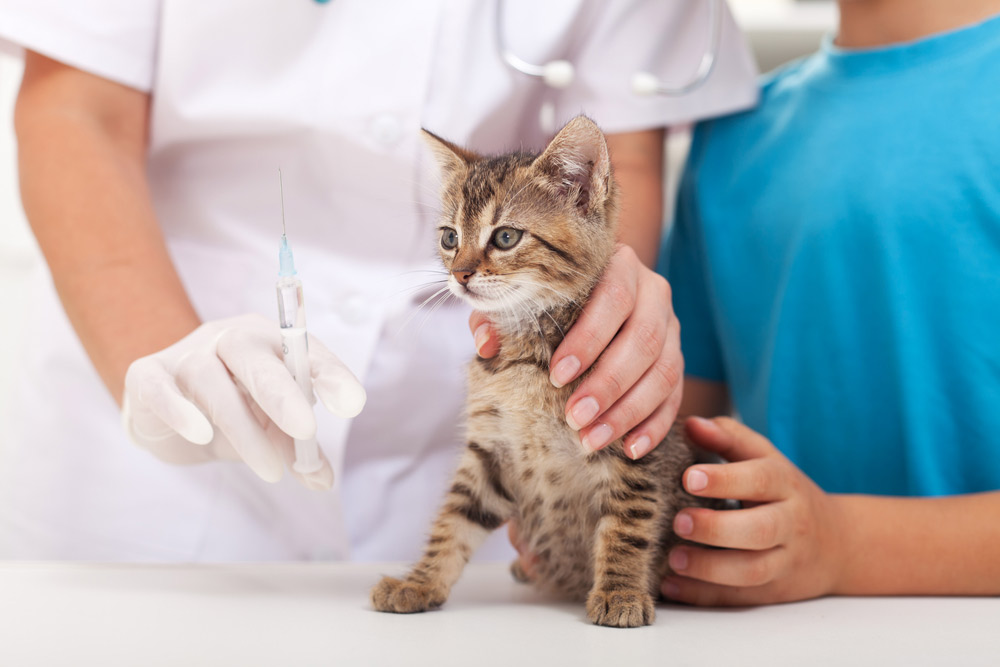
Fvrcp Vaccine For Cats Veterinarian In Pinson Al Clay Chalkville Animal Clinic
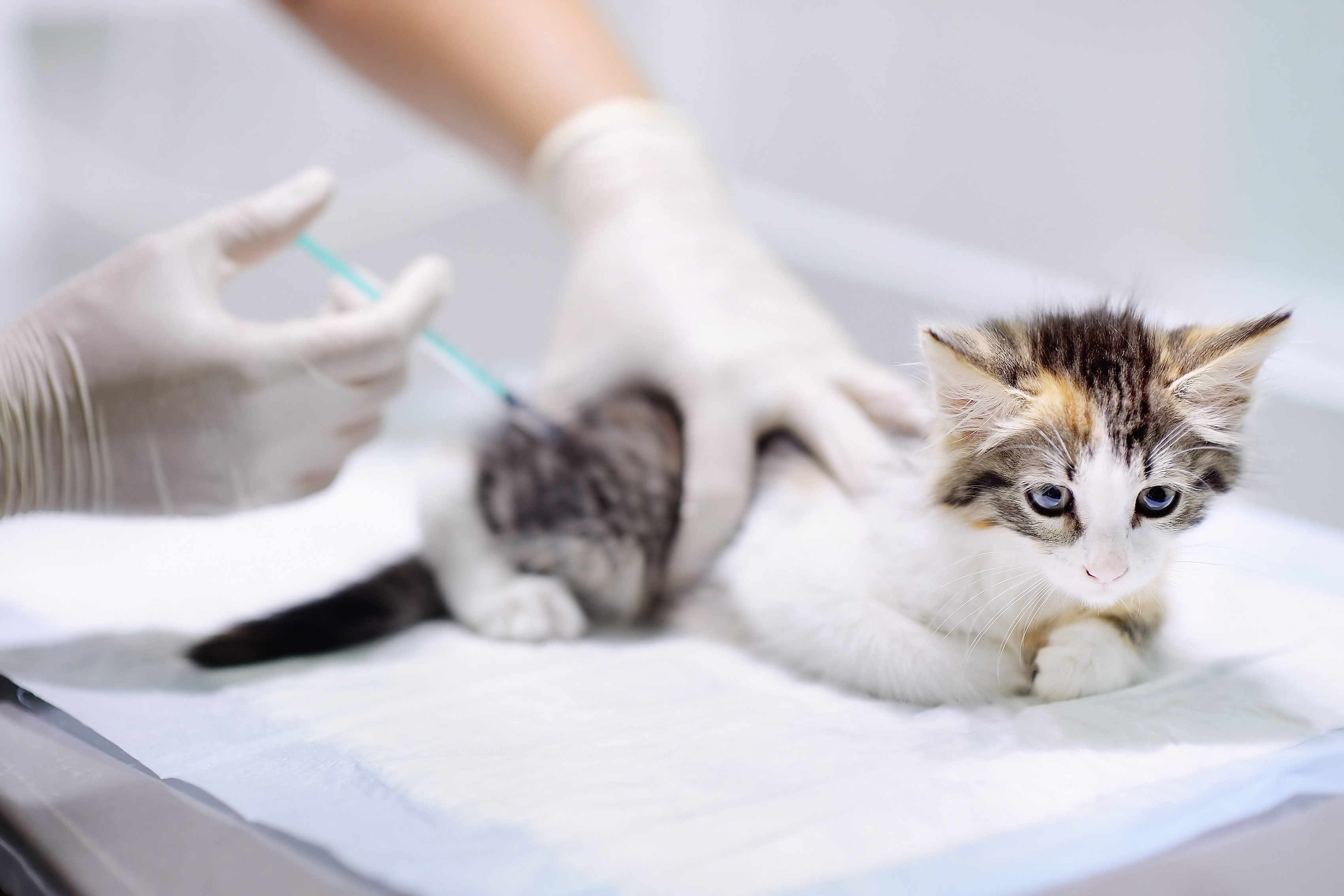
Rabies Vaccinations For Indoor Cats Friendship Hospital For Animals

Monitor Your Cat S Vaccination Sites For Lumps Figo Pet Insurance
/adult-cat-vaccination-schedule-4846632_V4-ff36ccb34d74410d9652b4307a26e8b3.png)
What Is The Average Adult Cat Vaccination Schedule
/adult-cat-vaccination-schedule-4846632_V4-ff36ccb34d74410d9652b4307a26e8b3.png)
What Is The Average Adult Cat Vaccination Schedule
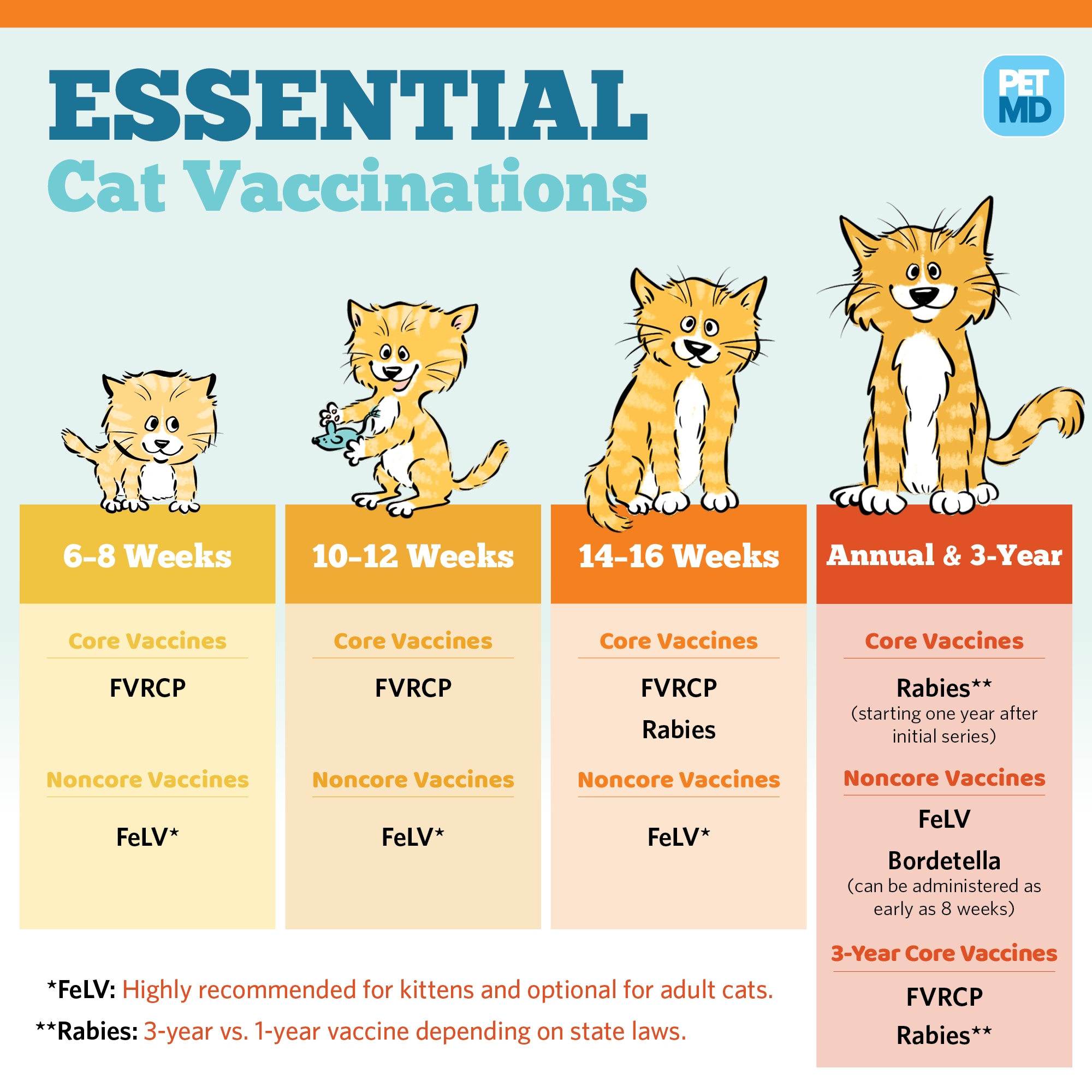
Kitten Vaccinations Vaccination Schedule For Cats Petmd

Here Is A Simple Routine For Your Cat Routine Cat Pet Care Cats Cats Kitten Care

